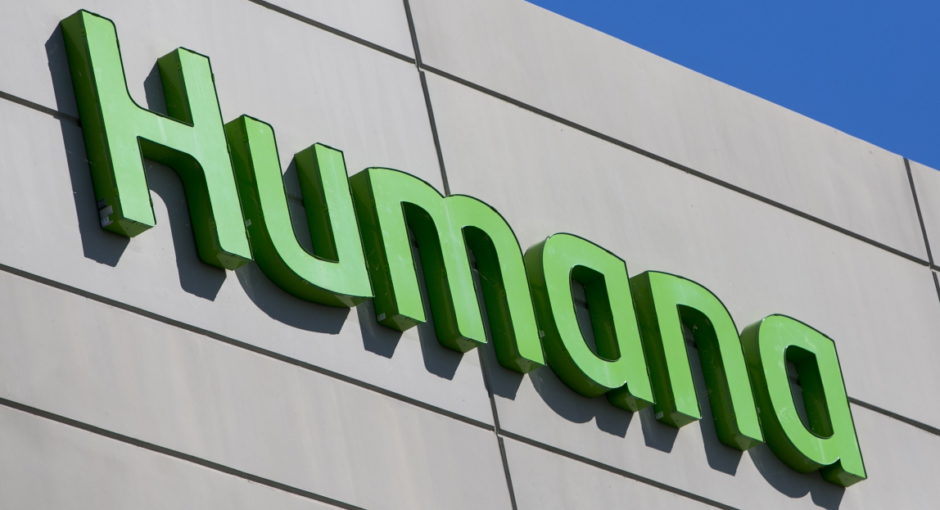Health insurance company Humana has begun sending pharmacy provider agreements for 2022 to 340B-participating pharmacies, with claims-identification and data-reporting conditions that some 340B providers say are unsettling. They say the agreements are to be signed and returned within 30 days of receipt.
The agreements bind providers and their participating pharmacies, understood to mean 340B contract pharmacies, to identify 340B-purchased drugs using National Council for Prescription Drug Programs (NCPDP) submission clarification code 420-DK field with a value of 20. Providers also must give Humana, upon request, “data used for 340B eligibility and reconciliation information.” The agreements also set provider reimbursement for 340B-purchased drugs significantly below wholesale acquisition cost.
Humana has not responded to requests for comment.
Humana’s conditions do not appear to be new, and it is unclear whether the insurer—the nation’s third largest, with more than 20 million enrollees—has enforced them strictly or uniformly in the past. The reduced reimbursement rate for 340B-purchased drugs also appears to be the same as in recent years’ agreements. Nonetheless, Humana’s 340B conditions reportedly have been a hot topic in recent days in members-only online forums for pharmacies and providers.
340B operations and policy consultants said providers worry that Humana will begin widespread rejection of claims lacking the NCPDP 20 modifier. Identifying claims as being 340B-eligible can be challenging in the contract pharmacy context, especially if there is a short deadline for 340B claims identification, such as pharmacy benefit manager (PBM) Express Scripts’ new 10-day deadline, they say. Consultants also said Humana’s reservation of the right to demand information regarding providers’ 340B eligibility and about 340B claims reconciliation might signal that Humana plans to begin auditing 340B claims more aggressively.
Worry about Humana’s agreement, its 340B conditions, and their enforcement is being fueled by anxiety over Express Scripts’ new requirements for 340B claims identification and resubmission. Anxiety over drug manufacturers’ denials of 340B pricing for drugs dispensed by contract pharmacies, tied in some cases to demands for providers’ 340B contract pharmacy claims data, also is a factor.
340B consultants say the mood among providers is one of wagons being circled against threats from powerful forces—first big drug companies, next a major PBM, and now a major insurer—seeking to exert greater control over the 340B program, against the backdrop of federal health officials saying their power to enforce 340B program policy guidance is limited. Providers believe that the U.S. Health Resources and Services Administration (HRSA) ultimately will take a harder line against such threats under the Biden administration, consultants say. But for now, with HRSA and the U.S. Health and Human Services Department (HHS) still being run by acting leaders, the status quo is troubling, they say.


